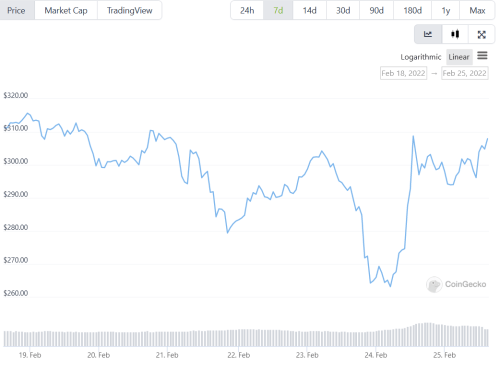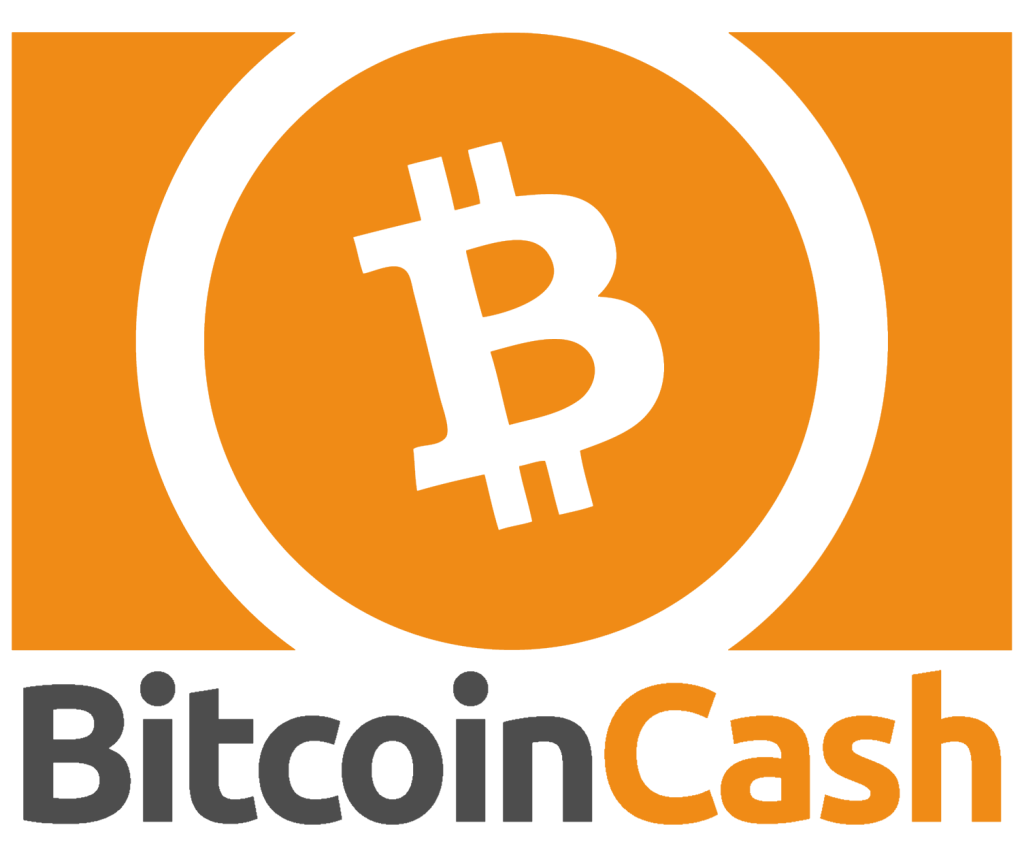Bitcoin Cash is one of Bitcoin’s Bastards—coins that are hard forks or off-shoots of Bitcoin. It was created in 2017 and hasn’t really done much since, except spawn the slightly less useless Bitcoin SV.
The principle difference between Bitcoin Cash and its predecessor is that BCH allows larger blocks in its blockchain, which in theory should allow it to process more transactions per second. It’s not exactly a solution to the scaling problem, but on paper it sounds like a better option.
How did we get here?
A group of bitcoin activists, developers and China-based Bitcoin miners weren’t happy with Bitcoin’s proposed Segregated Witness (SegWit) soft-fork back in 2017, which included plans on increasing Bitcoin’s capacity. So they pushed forward their own agenda which would otherwise increase the carrying capacity of each block to eight megabytes via a hard fork. The general idea here was to revert Bitcoin back to Satoshi’s idea of a medium of exchange—namely a digital cash function—rather than the direction it was going, which was more investment and store of value.
Whatever validity the idea went right out the window with its implementation.
In July of 2017, bitcoin miners locked-in a software upgrade called the Bitcoin Improvement Proposal 91 (BIP), which indicated that SegWit would go live at block 477,120. SegWit would allow for second layer solutions on bitcoin (basically, a secondary functionality on top of Bitcoin transactions) like Lightning Network and later on, Smart Contracts.
The folks who later split off to become Bitcoin Cash disagreed with how nodes were organized and operated. Bitcoin folks wanted to keep the blocks small so they could be run using less resources, while large block supporters wanted more data capabilities so they could be run by universities, private companies and nonprofits.
It was actually hardware manufacturer and resident God-king of ASICs Bitmain that posed the idea of a hard fork as a contingency plan should the community decide to fork implementing SegWit. The first implementation of the software went by Bitcoin ABC at a conference, and it wasn’t until July 2017, that the name Bitcoin Cash was proposed.
Roger Ver and others said adopting SegWit would favour folks who wanted to treat bitcoin as an investment rather than a transaction currency, and he wasn’t wrong, and the fork took place anyway on August 1, 2017.
Directly from the wikipedia on the article we have:
“A Hong Kong newspaper likened this to a new version of word processing software saying:
Bitcoin cash is like a new version of Microsoft Word, which generates documents that can no longer be opened via the older versions.”
Which is about as apt a description as you’re going to get of a hard fork.
What it also meant is that anyone holding bitcoin at the time of the fork meant they got the same number of Bitcoin Cash, which at the time was fairly sweet but most people got rid of their BCH in a hurry. The coin started trading at about $240 in August 2017 compared to Bitcoin, which was about $2,700. It rode the Bitcoin bull in late 2017 to reach an intraday high of $4,355.62 and then plummeted 88% to $519.23 by August 2018.
Right now it’s 25th by market capitalization at $5,791,209,327, and trading at $304.85.

Normally there would be an entire section devoted to explaining away a coin’s consensus mechanism, but as BCH is basically Bitcoin with room to fit more information into their blocks, and you understand how Bitcoin’s proof-of-work mechanism works, then you basically get how BCH’s works. If you don’t then shoot the Bitcoin article listed above.
What’s Wrong With Bitcoin Cash?
Technically, not much.
It has all of Bitcoin’s problems including the scaling issue which it doesn’t solve. The biggest problem seems to be with its people. These folks can’t seem to come and stay at a consensus on anything and by all accounts that I’ve seen these get acrimonious in a very grade school kind of way, where one or two kids get fed up and take their ball and go home.
In this case, the impulse to take their ball and go home has spawned two other hard forks, at least one other blockchain and subsequent crypto: Bitcoin Satoshi Vision and the latest iteration of Bitcoin Cash. We’ll cover Bitcoin SV in future editions, but suffice it to say, among all of Bitcoin’s bastards, BCH is likely the loudest and most annoying.
Also, it always surprises me when someone I know and respect has a position in it.
But that’s just me.
—Joseph Morton

